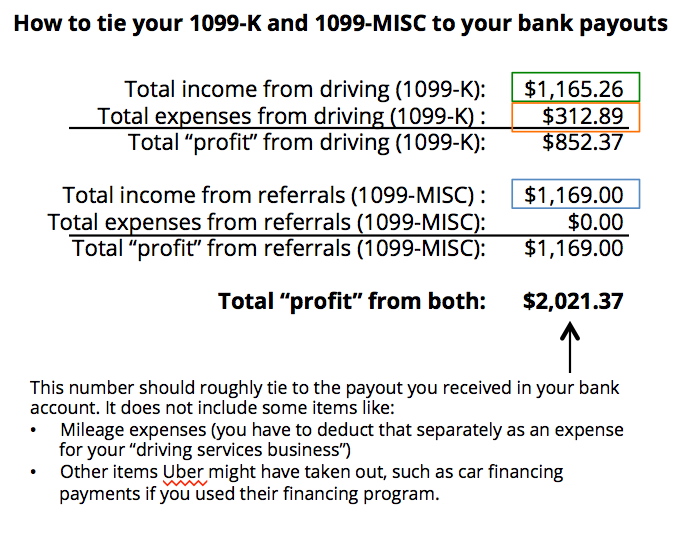Why Did I Get a 1099 Here s What to Do
Post on: 6 Апрель, 2015 No Comment

You can opt-out at any time.
Please refer to our privacy policy for contact information.
This time of year I often receive calls from clients asking why they received a 1099-R or 1099-DIV. Today, I’ll clear up some common confusion and provide a few answers about why you received a 1099 and what to do with it.
1099-R forms are sent to investors from a mutual fund company or custodian where you held and retirement or tax-deferred account, such as an IRA, 401(k) or annuity, during the tax year. My clients ask about 1099-R the most because the form is sent when there is any form of distribution from a retirement account. The reason this confuses most people is because a distribution, by definition, does not necessarily mean a cash withdrawal. A common form of distribution is a direct rollover, where a person transfers their 401(k), for example, directly to an IRA. Although a direct rollover does not generally trigger a taxable event, it is still a distribution type that must be reported to the IRS.
1099-DIV forms are sent to investors from mutual fund companies to report dividends or capital gains distributed to the investor during the tax year. Where most confusion arises with the receipt of 1099-DIV is when the investor did not knowingly receive any dividends or place any trades in their account(s) that may have triggered capital gains. If you hold mutual funds in a taxable account, such as an individual brokerage account, the mutual fund itself may have capital gains from the sale of stock held within the fund. These mutual fund capital gain distributions are passed along to the investor. Often, dividends and capital gains are reinvested into the mutual fund so these taxable events are not noticed by the investor. until the 1099-DIV arrives. If an investor holds mutual funds in a tax-deferred account, such as an IRA, 401(k) or annuity, dividends and capital gains are not currently taxable to the investor and therefore no 1099-DIV is received.
What to Do With a 1099 and How to Prevent Getting Them in the Future
An underlying lesson here is that investors should be aware of how various mutual funds are taxed and practice wise asset location. which is the placement of funds in certain accounts to minimize taxes. For example, it wouldn’t be wise to invest in a dividend-paying mutual fund in a taxable account (unless the investor wants income) because these funds generate taxes, which can erode at your returns. Instead the investor could place this fund in their IRA to avoid current taxation and grow the fund faster by virtue of compounding interest .














